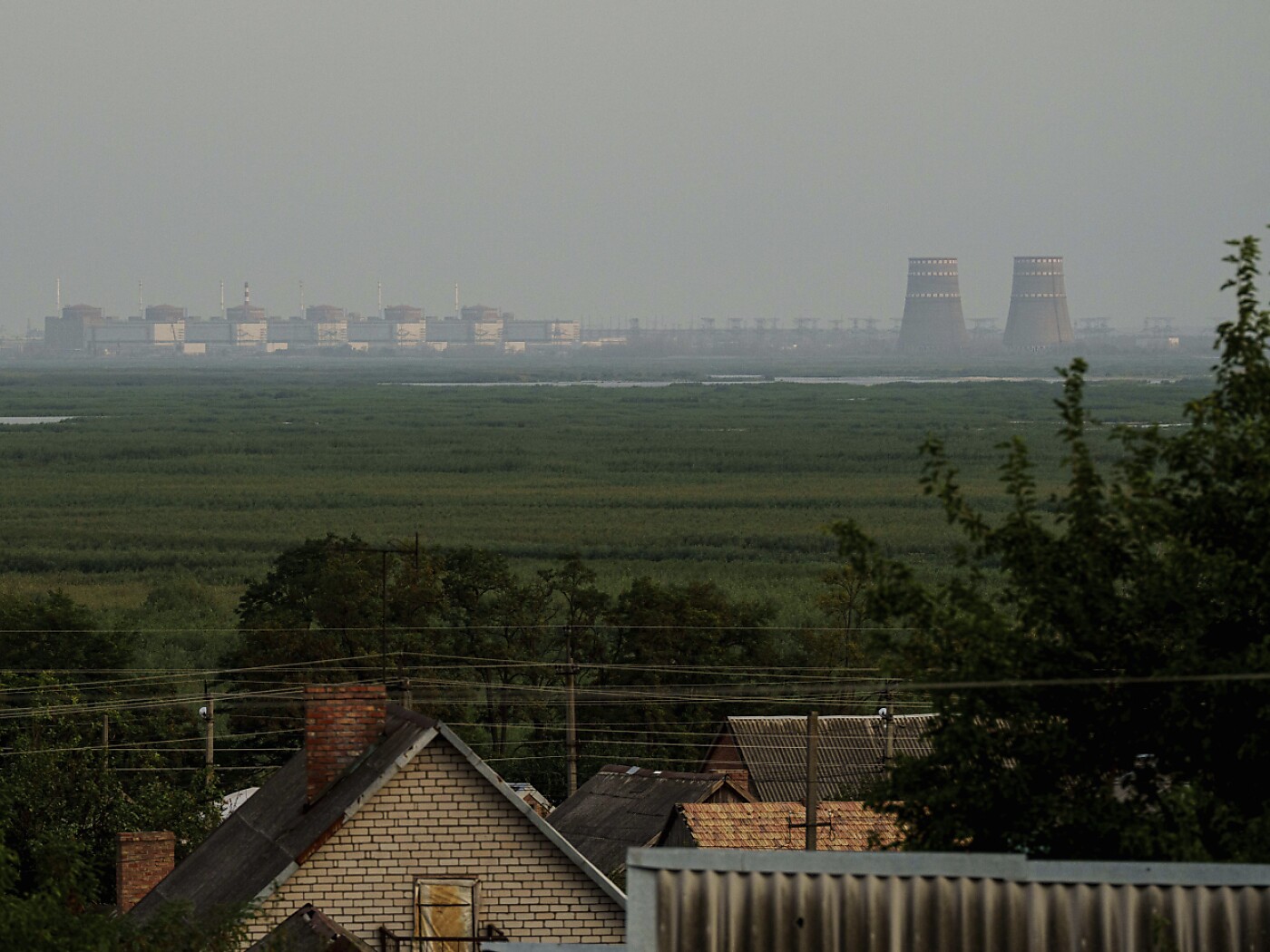Switzerland’s permanent resident population cracks the 9 million mark
Keystone-SDA
The permanent resident population in Switzerland exceeded nine million people for the first time at the end of June this year. At the end of the second quarter, 9,002,763 people were living permanently in Switzerland, as reported by the Federal Statistical Office (FSO) on Thursday.
It took 12 years for Switzerland’s population to rise from eight to nine million (from 2012 to 2024), the same time it took to increase from five to six million (1955-1967). According to the FSO, 6,560,361 of the permanent resident population were Swiss and 2,442,402 were foreigners.
+ Get the most important news from Switzerland in your inbox
Around 5.460 million people were between the ages of 20 and 64. Children and young adults numbered almost 1.790 million. The number of people aged 65 and over amounted to 1.753 million.
Almost 1.954 million people lived in the Central Plateau region, which includes the cantons of Bern, Fribourg, Solothurn, Neuchâtel and Jura. In the Lake Geneva region, with the cantons of Vaud, Valais and Geneva, the figure was almost 1.745 million. A good 1.231 million people were counted in the north-western Swiss cantons of Basel-City, Basel-Country and Aargau.
Almost 1.613 people lived in the canton of Zurich. A good 1.243 million people lived in the eastern Swiss cantons of Glarus, Schaffhausen, the two cantons of Appenzell, St. Gallen, Graubünden and Thurgau. According to the FSO, the central Swiss cantons of Lucerne, Uri, Schwyz, Obwalden, Nidwalden and Zug had around 858,400 permanent residents. The population in Ticino was around 358,000.
At the end of June 2023, there were over nine million people living in Switzerland for the first time, but this figure also included the non-permanent foreign resident population, such as asylum seekers. The permanent resident population numbered around 8.9 million people at the end of the first half of 2023.
Adapted from German by DeepL/ac
This news story has been written and carefully fact-checked by an external editorial team. At SWI swissinfo.ch we select the most relevant news for an international audience and use automatic translation tools such as DeepL to translate it into English. Providing you with automatically translated news gives us the time to write more in-depth articles.
If you want to know more about how we work, have a look here, if you want to learn more about how we use technology, click here, and if you have feedback on this news story please write to english@swissinfo.ch.










